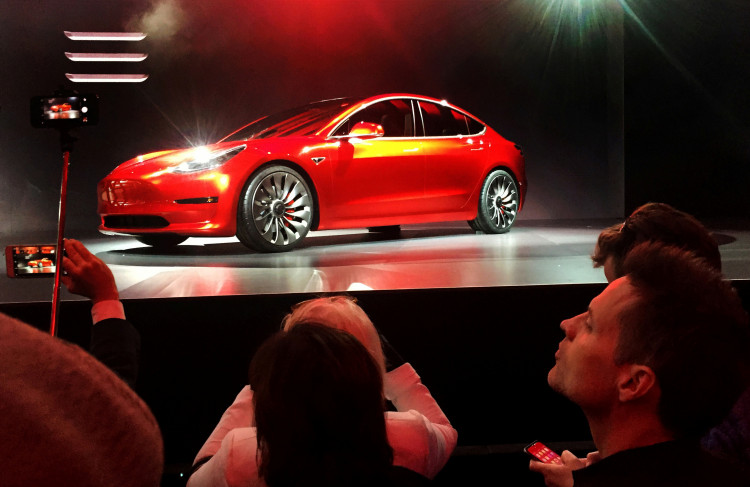Tesla CEO Elon Musk pushed his "overpromising mode" into hyperdrive, this time saying he expects one million Tesla robotaxis on U.S. roads by 2020. But he later did admit a tendency to exaggerate from time to time.
"I feel very confident predicting autonomous robotaxis for Tesla next year," said Musk at the Tesla Autonomy Investor Day in Palo Alto, California Tuesday. Musk also predicted Tesla will be making cars with no steering wheels or pedals in two years.
Musk then repeated his claim Tesla will have over 1 million robotaxis on the road next year.
"From our standpoint, if you fast forward a year, maybe a year and three months, but next year for sure, we'll have over a million robotaxis on the road," said Musk. "The fleet wakes up with an over the air update; that's all it takes."
He went on to say he expects to be "operating robotaxis next year with no one in them." But he did also warn investors, "Sometimes I am not on time, but I get it done."
Musk revealed Tesla robotaxis won't be "in all jurisdictions, because we won't have regulatory approval everywhere, but I am confident we will have at least regulatory approval somewhere, literally next year."
Confusing it might seem but it's vintage Musk.
Musk said he sees a future where the robotaxis will return home and automatically park and recharge. Tesla might also be developing an updated version of the snake charger first revealed in 2015 yo support its robotaxi network.
Musk's optimism is also based on the reality that all Tesla cars being produced today have the hardware on board required for full self-driving. Musk said, "all you need to do is improve the software."
Musk for the first time revealed that all new Tesla vehicles are now produced with its custom full self-driving computer chip. That chip fulfills the hardware requirements for full self-driving, and is the best in the world, said Musk.
Musk and Pete Bannon, VP of Hardware Engineering, said Tesla's latest chips are designed to process massive amounts of data quickly without significantly heating up, or draining the vehicles' batteries. Bannon claimed the chips can potentially perform seven times better than Nvidia's Xavier chips.
New chips already in development at Tesla are likely to arrive in two years, said Bannon. The company is currently manufacturing its chips with Samsung in Austin, Texas.





